Pip Edwards opens up about ’really big year’, being ‘a hot mess’, and raising a teenager in the social media age
The PE Nation founder gets real about the ‘currency’ of social media, the toll it takes on mental health, and parenting in the digital age.
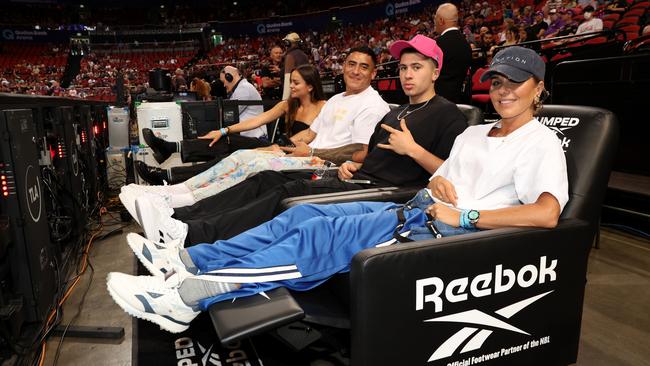
Confidential
Don't miss out on the headlines from Confidential. Followed categories will be added to My News.
PE Nation founder Pip Edwards has had “a really big year”.
January kicked off with the “circus” of her ex, cricketer Michael Clarke in Noosa; followed by a “debilitating” struggle with Perimenopause; and a short-lived romance with former NRL player Braith Anasta.
All the while she’s been creative directing PE Nation, to the tune of an annual revenue in excess of $20 million.
“I’m a hot mess,” she told Confidential.
Edwards’ teenage son, Justice Single, last week completed Year 11 and is hurtling towards the end of his schooling career.
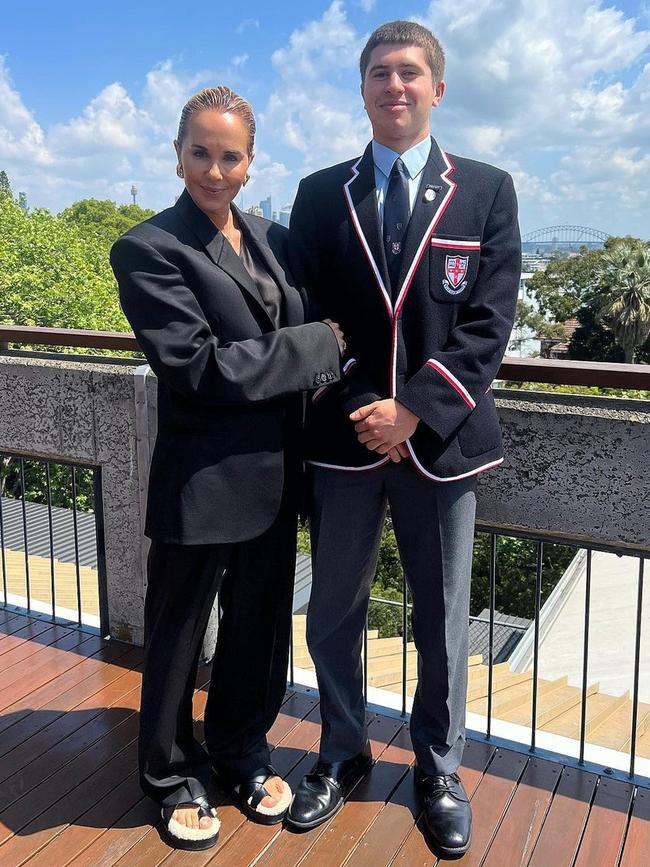
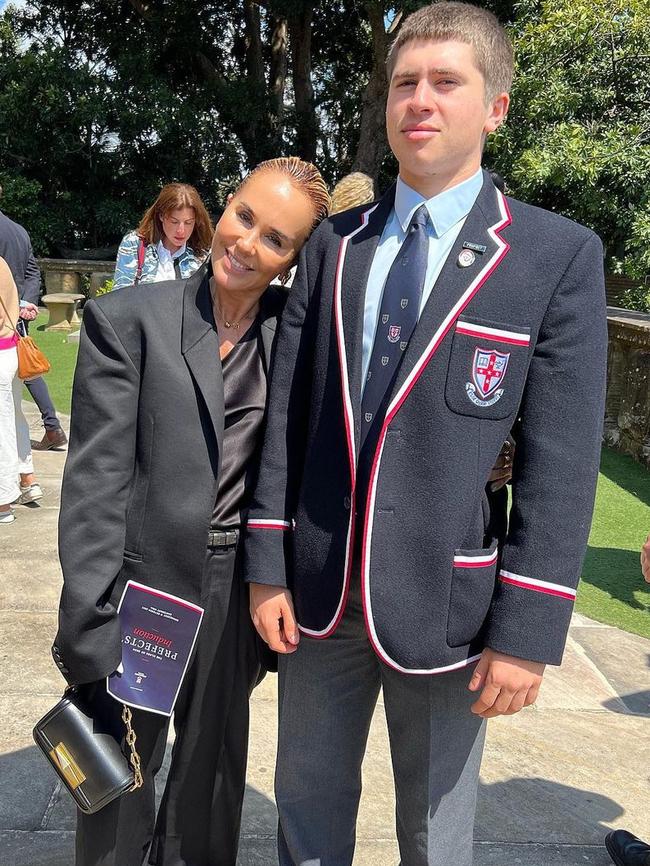
“I still can’t even believe I’ve got him to Year 12, it’s kind of mind-blowing,” the single mother said.
“A year ago, I wouldn’t have known if Justice would get to this point.”
“I find what’s helpful is telling my son what I’m feeling, and showing that I’m vulnerable, and I don’t know everything. If I’m setting that tone, it doesn’t allow him to have impossible expectations of himself.”
Edwards had Justice in 2006 with ex-partner, Ksubi fashion designer Dan Single.
The impact of social media on mental health is something Edwards, 43, is all too familiar with.
The fashion designer and Sydney socialite has 189,000 Instagram followers and astutely leverages her social presence to champion her multimillion-dollar business.
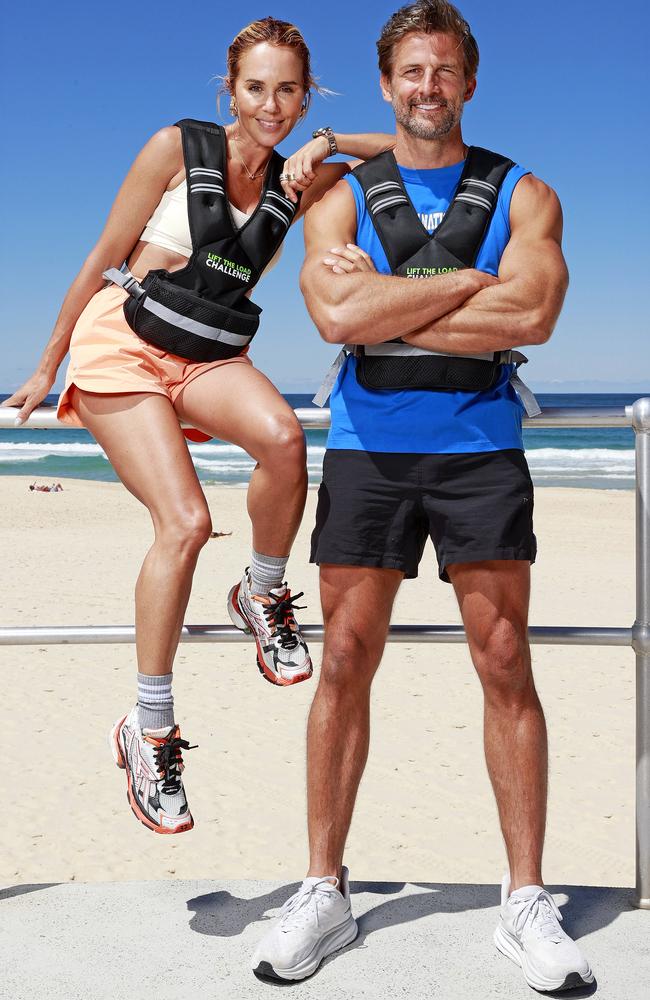
“Obviously we know that social media is a self-branding game towards a business goal, if it’s used in the right way. But when it starts at such a young age, that amplifies everything.”
That’s why she’s joined actor Tim Robards in her pledge to clock up 50 kilometres in October, carrying a 10kg weight pack representing the weight of men’s mental health for the Top Blokes Foundation.
The funds raised will provide in-school mentoring programs for 178 schools in New South Wales and Queensland, which in 2023 have already supported 3500 young men. “Social media is something I’ve got a foot in, but I didn’t grow up with it,” Edwards said.
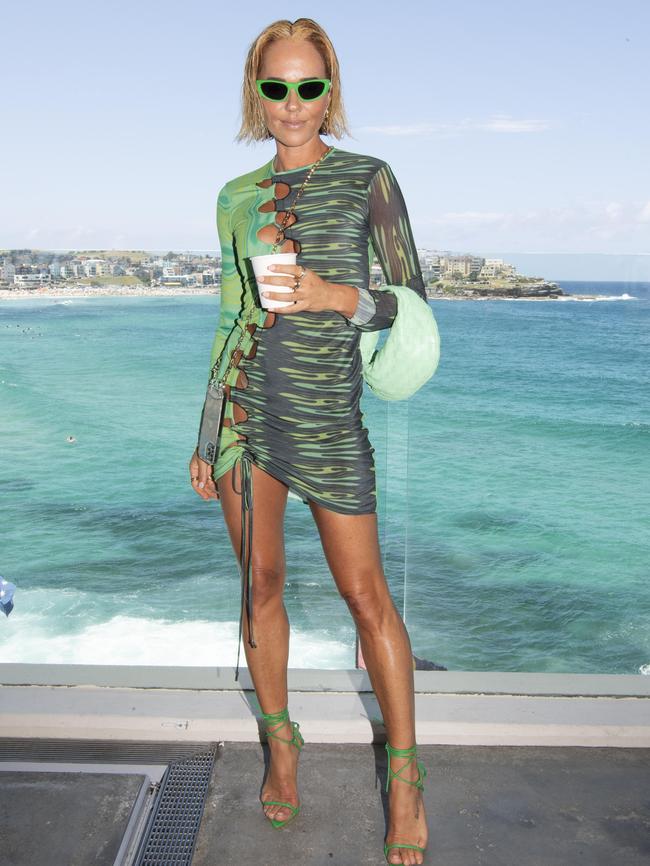
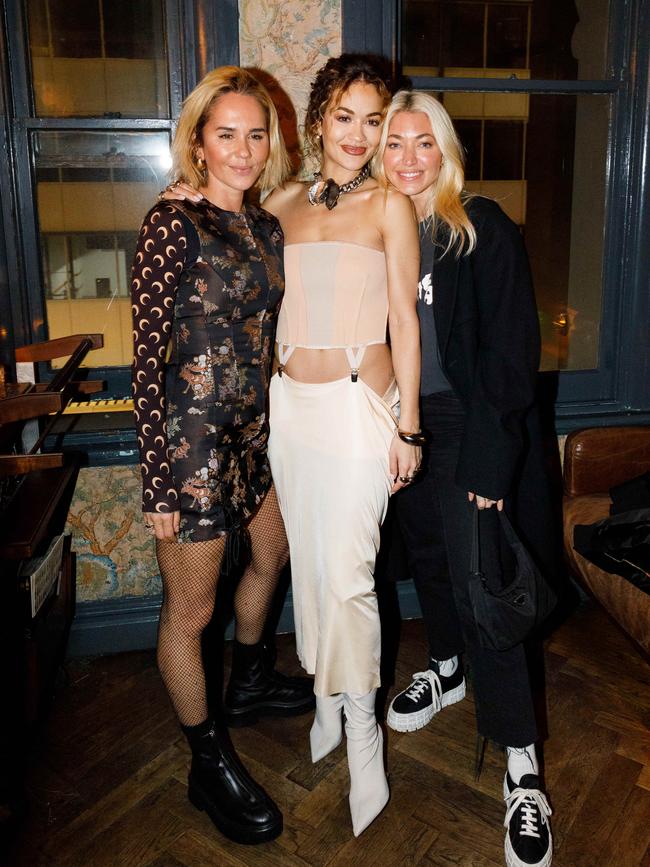
“There’s a real self-critical energy out there with young boys. There’s a lot of self doubt. I always tell Justice, what’s your best is not someone else’s best. Which is still really hard for me to do as an adult.”
The constant media attention is an ongoing conversation between mother and “really sensitive, emotionally aware,” son.
“It’s hard for him when everyone around him sees what I do on Instagram. I know that he knows the purpose and the reason and the why, and he’s reaping the rewards of that work.”
Single attends Cranbrook School, a ritzy all-boys school in leafy Bellevue Hill that charges annual tuition fees of over $40,000 for senior students.
Parents must pay additional levies and extra-curricular fees on top.
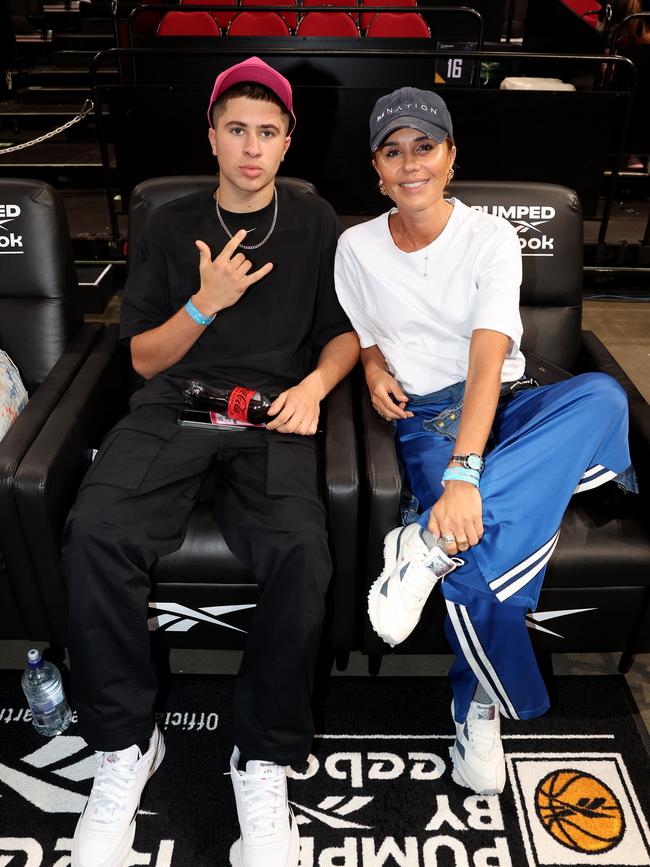
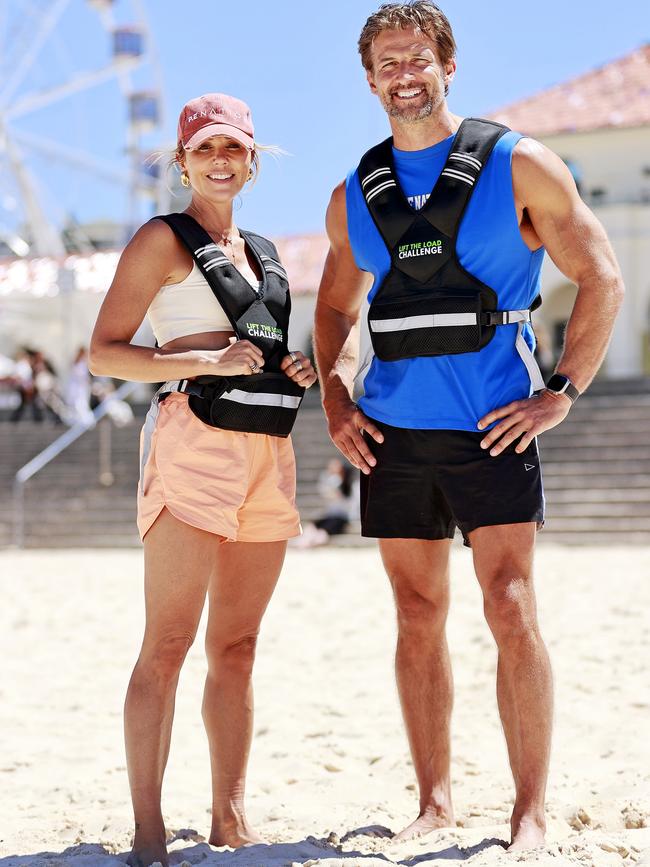
Justice, 17, has ambitions of playing for the NBA, for which he will need to attend an equally pricey college in the US.
“What’s funny is a big element of getting drafted to a US college team is social media presence,” Edwards said. “It’s currency now.”
That said, she says there’s no guidebook to raising a teenager under the “ten-fold” pressure of the digital age.
The main thing is getting a teenager to talk, Edwards said.
“You’ve got to really read your child and be so present that you know them inside out, and create a safe space for them.”
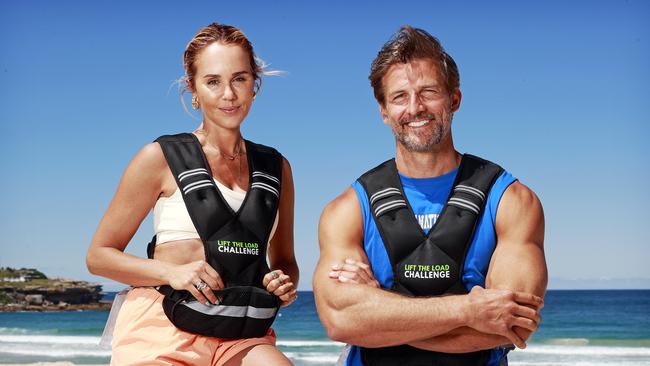
Robards, meanwhile, is in his second year as a celebrity ambassador for the campaign and last week announced he and Anna Heinrich have a second baby girl on the way.
“When I think about my daughter, soon to be daughters, there is a kind of healthy man I want around them growing up,” the original Bachelor said.
“I grew up with a good support network and parents who were good strong role models for me but not all boys have that. That can lead to a lot of behaviour we don’t like seeing in young boys which turns into even worse behaviour in young men.”
“We want to break that generational cycle and sometimes it takes people stepping in.”




